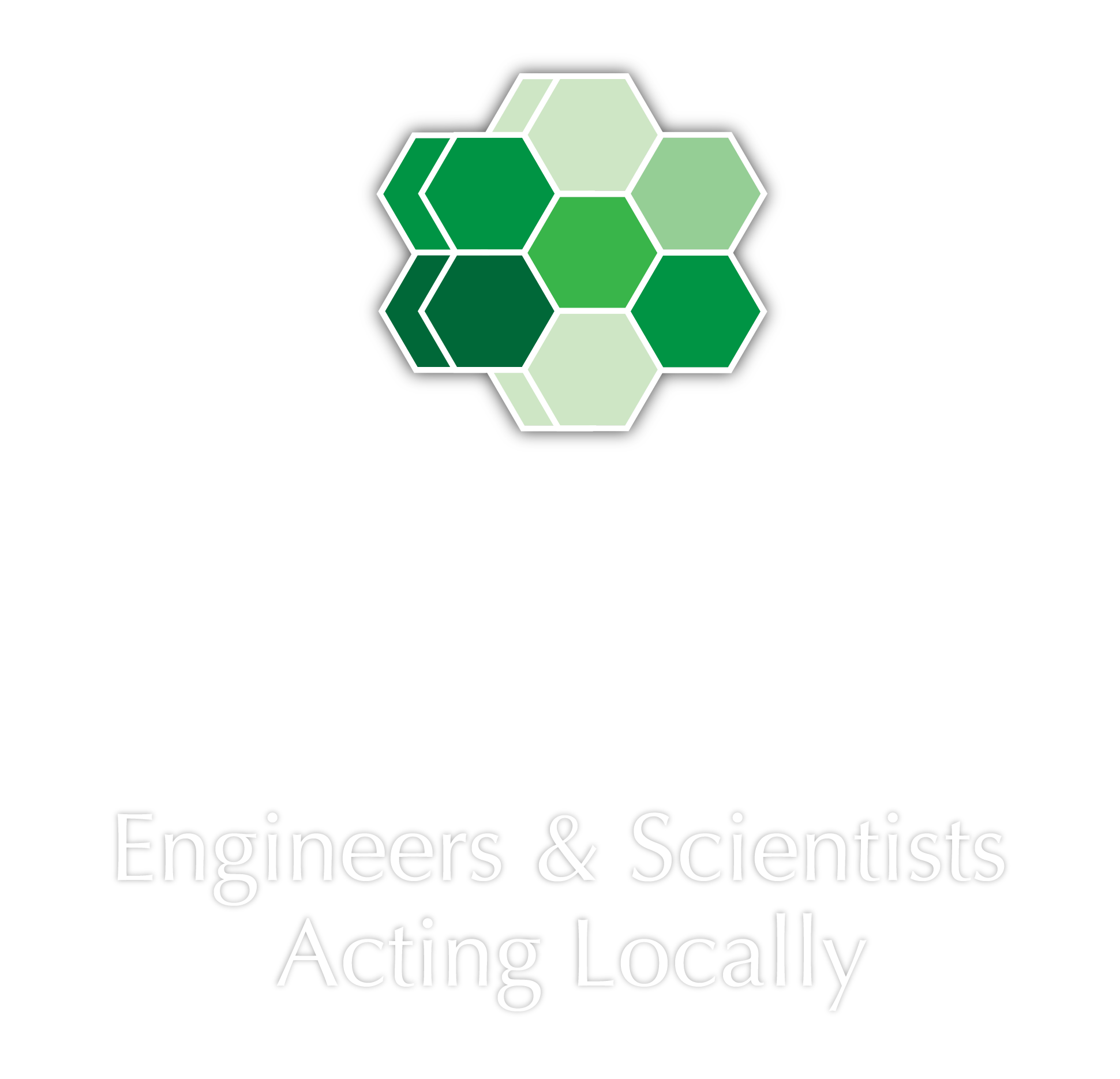Many of the decisions and actions that address the COVID-19 pandemic take place at the local level. ESAL spoke with Sara Lamnin, a city council member in Hayward, CA, about ways that city government tracks emerging information on COVID, and how scientists and engineers can support their communities’ responses.


